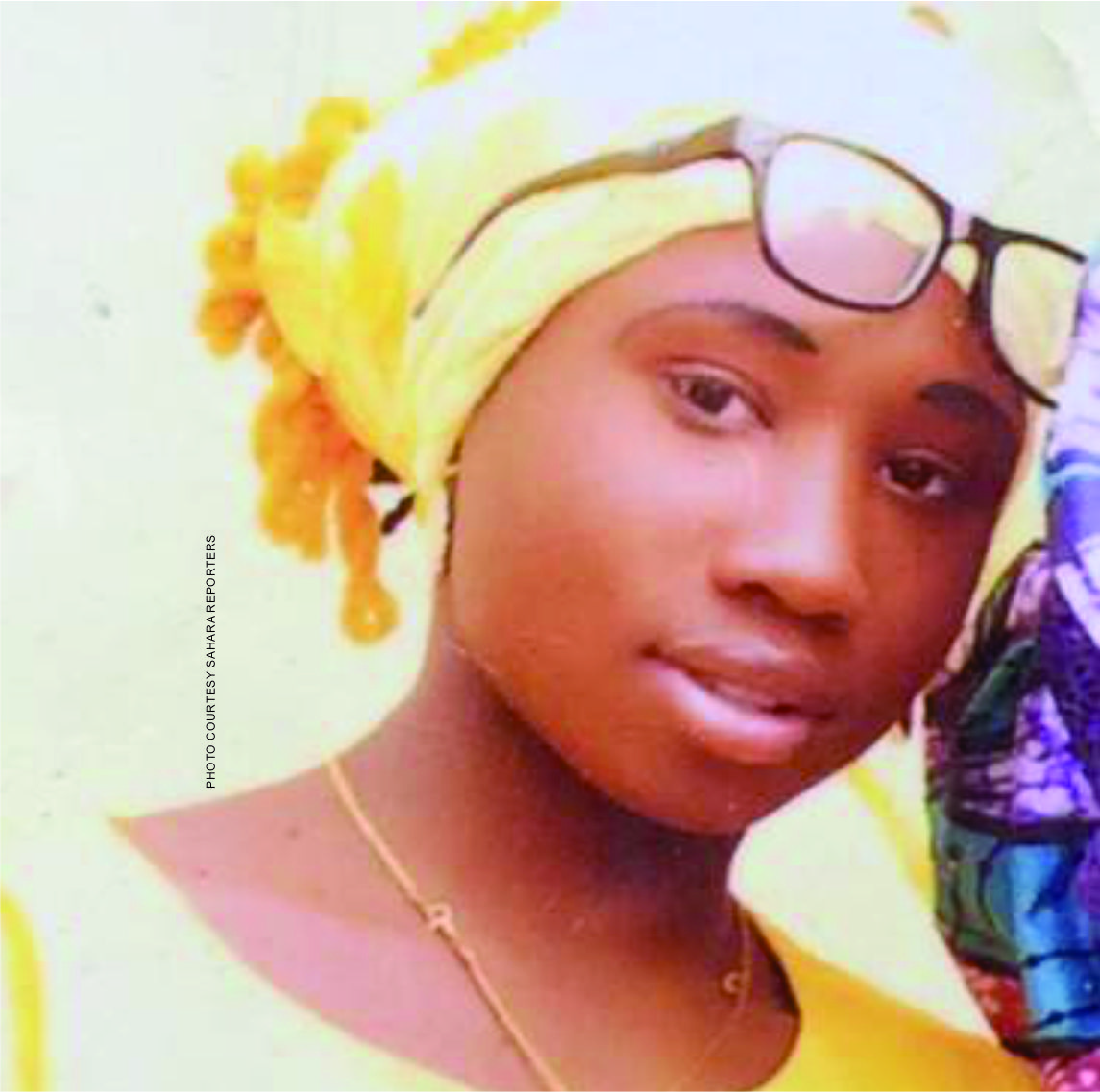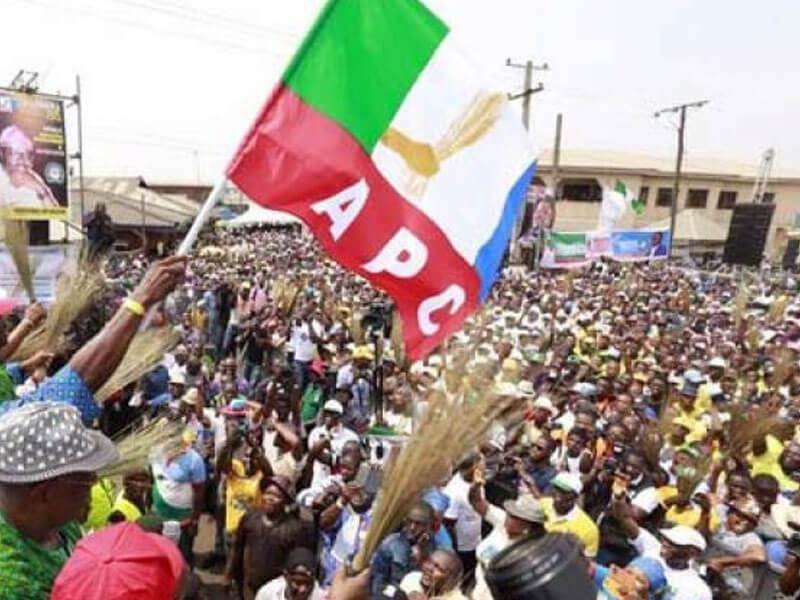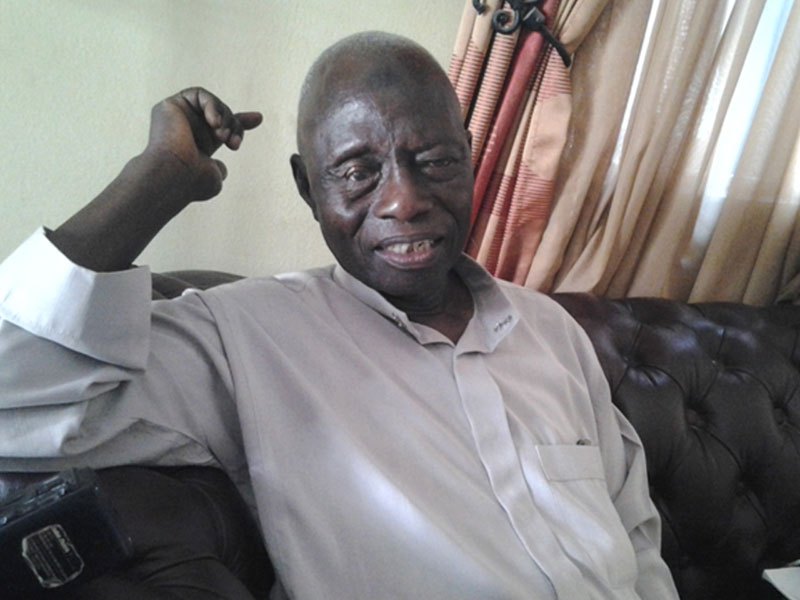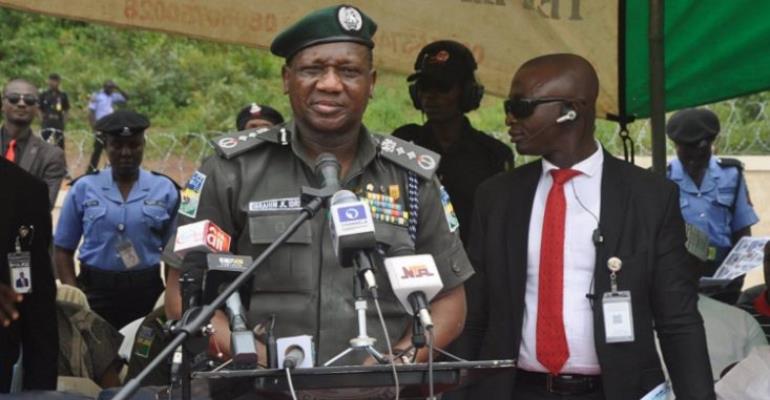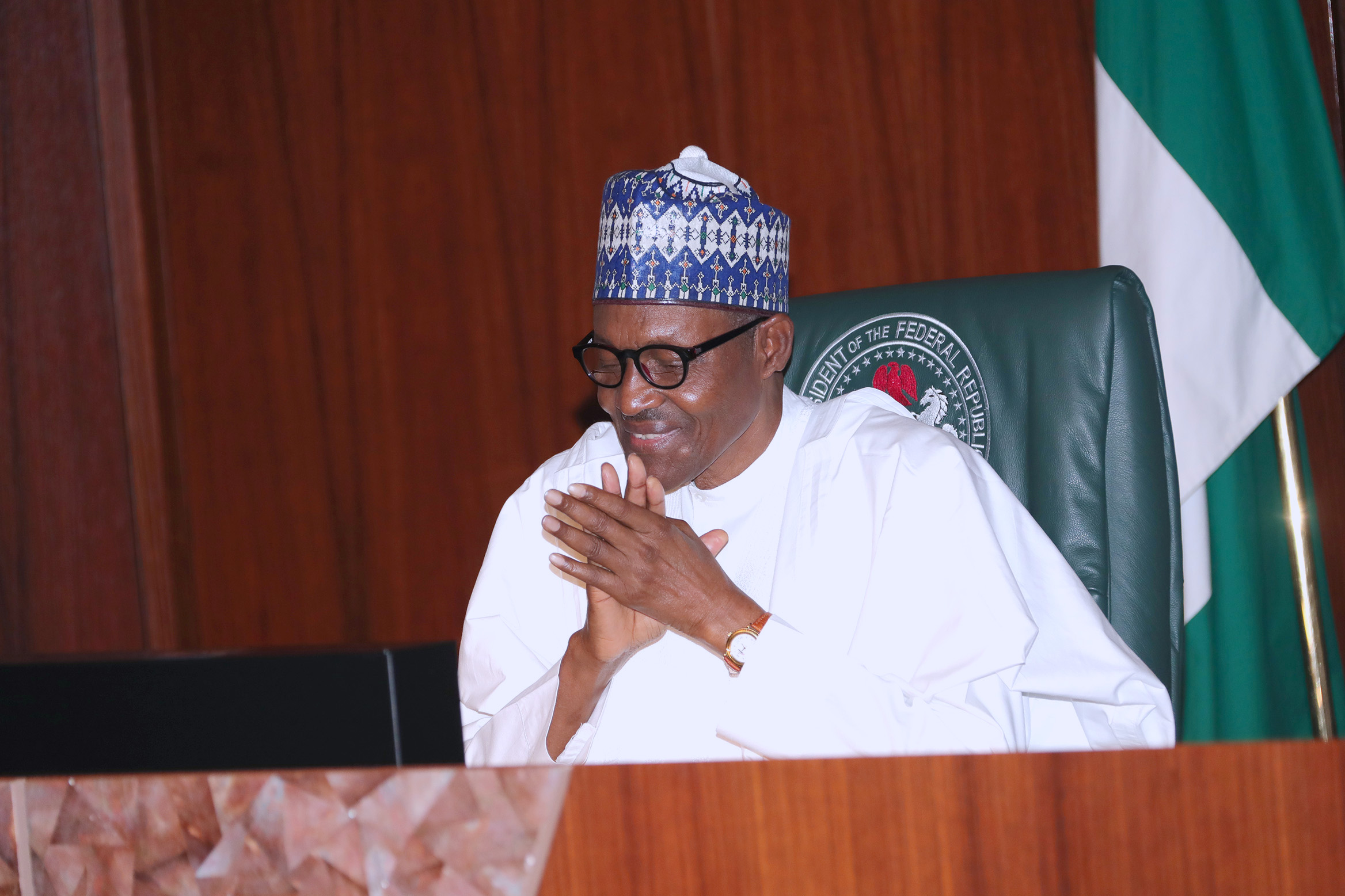Internally displaced politicians have been on a speed dial to hook up with new partners for next year’s general election. With 68 political parties and still counting – the horde of defectors, including the perennial rolling stones – would find willing partners.
The real Internally displaced persons (IDPs) are, however, having a torrid time. And they appear to be the last thing on the minds of politicians at this time. Displaced persons are living a nightmarish existence, which is getting worse with the escalating conflict in the North East and the senseless killings in many other parts of the country.
A report in ThisDay on Sunday, July 1, quoting a report by the United States Council on Foreign Relations, said 19,890 persons were killed in violent attacks since June 2015. In the first quarter of this year alone, over 1,000 persons have been killed in violent attacks in different parts of the country, especially in the North Central and North East.
As the number of the dead mounts, tens of thousands – many of them children, women and other vulnerable groups – are being uprooted from their homes and families to face a miserable and uncertain future.
Advertisement
One of the only four Nigerian psychologists working in Borno, Fatima Akilu, said last year, “These kids are (coming) back to our communities. There is no plan to reintegrate them properly into the society. A lot of them are on drugs. Most of them are out of school. I see that we have potential problems.”
That was putting it mildly. The problems are compounded by a) government’s eagerness to tick off the boxes on the shooting war with Boko Haram; and, b) official preference for ad-hoc solutions, in spite of evidence of limited results.
The government has repeatedly celebrated its “technical victory” over Boko Haram but as long as there are over two million displaced persons from among whom Boko Haram can easily find new recruits, and a number of who have in fact declared that they would rather stay with Boko Haram than return home, the war is far from won.
Advertisement
The ad-hoc interventions have not helped. The Presidential Intervention for the North East (PINE) was engulfed in a controversy over charges that the former Secretary to the Government of the Federation, Babachir Lawal, mismanaged funds meant to resettle displaced persons, while the T. Y. Danjuma-led intervention has snagged on the face-off between Danjuma and the government.
Individuals like Aliko Dangote have done their part, with his Foundation committing an estimated N7 billion to IDP causes in the last seven years, while a few other local and foreign NGOs, including the Red Cross, have provided front-line support and assistance to displaced persons in extremely difficult situations.
After ad-hoc attempts proved catastrophically inadequate to deal with what one writer described as “the growing feed mill for a potential second wave of insurgency,” the government set up the North East Development Commission, to stave off the time bomb.
The commission was supposed to harmonise the functions of the various ad-hoc groups, provide a more permanent framework for tackling the problems of the IDPs and also help them rebuild their lives and reintegrate into their communities.
Advertisement
It was also supposed to ensure greater accountability and transparency in the management of resources for displaced persons.
It’s remarkable that since the bill setting up the commission was signed into law in October, the only thing that has happened is that the ink with which President Muhammadu Buhari signed the bill has dried and the paper has turned brown.
After Buhari signed, both Speaker Yakubu Dogara and Senate President Bukola Saraki hailed the commission as the most coherent and comprehensive attempt yet to help millions of displaced persons rebuild their lives and get a fresh start. Nearly ten months after, the commission exists only in name.
What is it about getting the commission up and running that needs ten months to fix after the bill has been signed? Why should an intervention that is supposed to be a significant step forward in the attempt to reduce the misery of millions of IDPs end up as another paper tiger?
Advertisement
Of course, it would be naive to assume that the commission would be the talisman for all the problems of IDPs. If the Niger Delta Development Commission (NDDC) has taught us anything, it’s that creating bureaucracy for its own sake can sometimes leave beneficiaries worse off.
Yet, the only thing worse than creating a bureaucracy is announcing its formation with fanfare and then just watching life drain out of it from inaction. The Commission for the North East is supposed to benefit from the shortcomings of the NDDC and get on quickly with the task of helping displaced citizens rebuild their lives.
Advertisement
The communities in the affected areas have reached the end of the rope and it’s doubtful if there’s any home in Borno, Yobe or Adamawa that has not opened its doors to displaced persons. With the deadly conflict in the area not abating, there’s only so much that already distraught neighbours can do to help displaced persons.
But how can government fill the slack when it has not made even the most basic appointments ten months after the commission came into being?
Advertisement
With 2019 around the corner, politician will be more concerned about the electoral value of displaced persons that they will be about how to resettle them and give them a fresh start in life. But stopping the deadly clashes by herdsmen, farmers and bandits and having a structured plan to resettle displaced persons are not mutually exclusive.
Only recently, displaced persons comprising mostly women and children from the North East visited President Buhari in Aso Rock to thank him and inform him that they planned to return to their homes soon.
Advertisement
Except if the President plans to provide them – and millions of others like them – permanent residency in Aso Rock, one small but vital step to secure their return would be to ensure that the development commission finally gets off the ground.
Displaced persons deserve more than to be objects of pity or cannon fodder.
Ishiekwene is the managing director/editor-in-chief of The Interview and member of the board of the Global Editors Network
Add a comment



